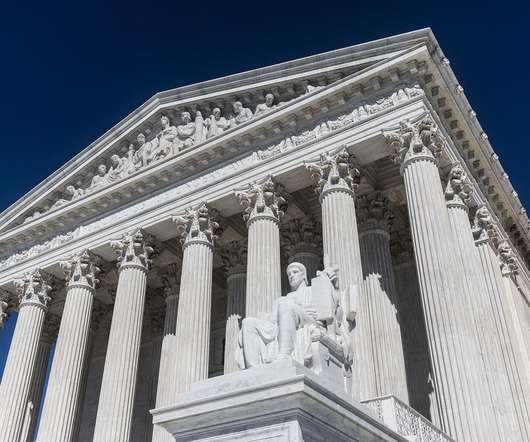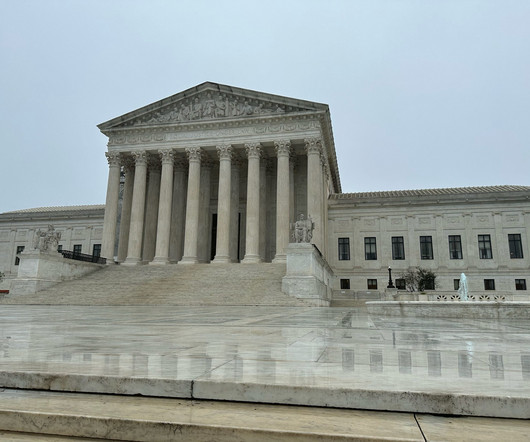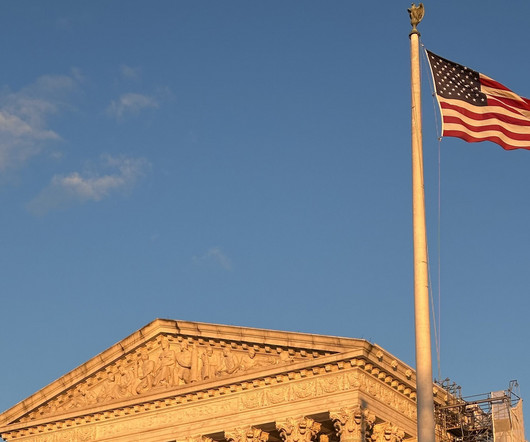US Supreme Court hears oral arguments in case challenging FTC enforcement powers
JURIST
NOVEMBER 7, 2022
In Monday’s oral argument, Paul Clement, on behalf of Axon, stated that the company is “challenging the constitutionality of statutes that insulate agency officials” and violate due process rights by “denying access to courts.”
















Let's personalize your content